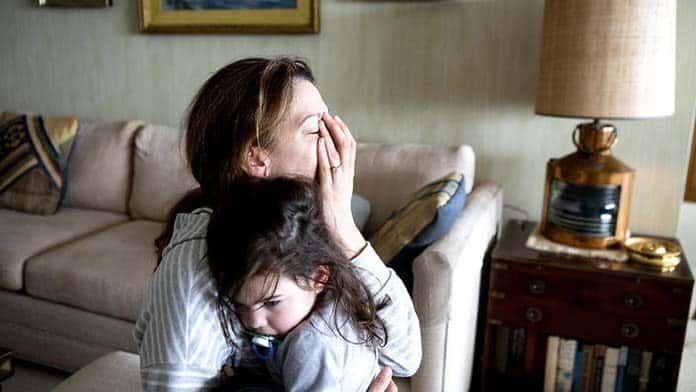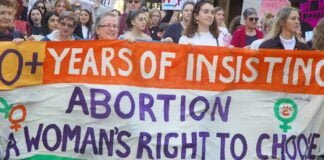The coronavirus pandemic has exposed the reliance of capitalism on the nuclear family and women’s unpaid domestic labour.
As workplaces and schools shut, parents have been expected to home-school children on top of paid work and the usual unpaid cooking, cleaning and care work—with most of the burden falling on women.
According to a New York Times survey, in 80 per cent of cases women have taken up the responsibility for home-schooling—only 3 per cent of women reported that men were doing more unpaid labour at home. And women already do up to three times more unpaid work in the home than men.
Yvette McDonald, who has two young primary school age children, told the Sydney Morning Herald she was “at breaking point… Many of us are managing crisis at work, but then on top of that we’re schooling our children as well. We feel as though we’re failing, but we’re not failing—we’ve been asked to do impossible things.”
But it’s not just workplaces and schools that are closed—many of the other public spaces accessed by parents and families are also shut including playgrounds, after-school activities and libraries.
And for working women who rely on extended family for help with childcare, the risk of exposing elderly parents and relatives to coronavirus means these supports are also off the table.
For some women, the family home is not a safe place to self-isolate. Domestic violence support agencies in Australia are reporting a 10 per cent increase in urgent requests for assistance, while the Family Court has received a 40 per cent increase in urgent domestic violence applications.
But in Australia, the sector hasn’t received “a single dollar in extra funds” to deal with increased demand, the peak body Women’s Safety NSW said.
Women have also been more likely to lose their jobs.
Data from the Australian Bureau of Statistics (ABS) shows that women have been the hardest hit by job losses in Australia, as they are more likely to work in the hardest hit service industries like hospitality and retail.
In April, women accounted for 55 per cent of all job losses while those still employed are experiencing a higher rate of reduction in hours than men. In some states in the US, the majority of unemployment applications since the coronavirus hit have been filed by women.
With women more likely to work part-time and earning 14 per cent less than men overall, these job losses are predicted to have longer term effects on pay equity and women’s superannuation.
But women are also being expected to put their bodies on the line to fight the pandemic, with 70 per cent of global healthcare workers being women, and one in three jobs held by women being deemed “essential”.
And while the Australian government is providing free childcare for essential workers during the coronavirus crisis, under normal conditions families spend 27 per cent of their income on childcare, one of the most expensive in the OECD.
Childcare workers themselves, who are over 90 per cent female, get paid well below the national average.
Sexist society
The disproportionate impact of coronavirus on working class women is not because of innate biological differences that make women more caring than men. It is a direct result of the way society is organised under capitalism—sexism is hardwired into the capitalist system.
With access to parental leave being more readily available to women, and with the price of childcare being unaffordable for the average woman, capitalism forces families to make the “economically rational” decision for women to spend more time at home looking after the family.
The nuclear family is essential for raising the next generation of workers at as little cost to the ruling class as possible.
Women’s role in the family and unpaid labour bringing up children means the capitalist system can avoid paying for this itself.
But sexism doesn’t affect all women equally. Wealthy women can afford to outsource domestic labour like cleaning and childcare to low paid, working class women in order to pursue careers or share the burden on household labour.
Coronavirus is forcing women to be the mother, the teacher and the essential worker.
But it doesn’t have to be this way. Caring work like childcare, cooking, cleaning and laundry shouldn’t be seen as something confined to the private home.
The responsibility for these kinds of household tasks could and should be shared collectively by the whole of society. We have to fight for a world where these tasks are socialised and provided free so that the burden no longer falls on women.
By Ruby Wawn






